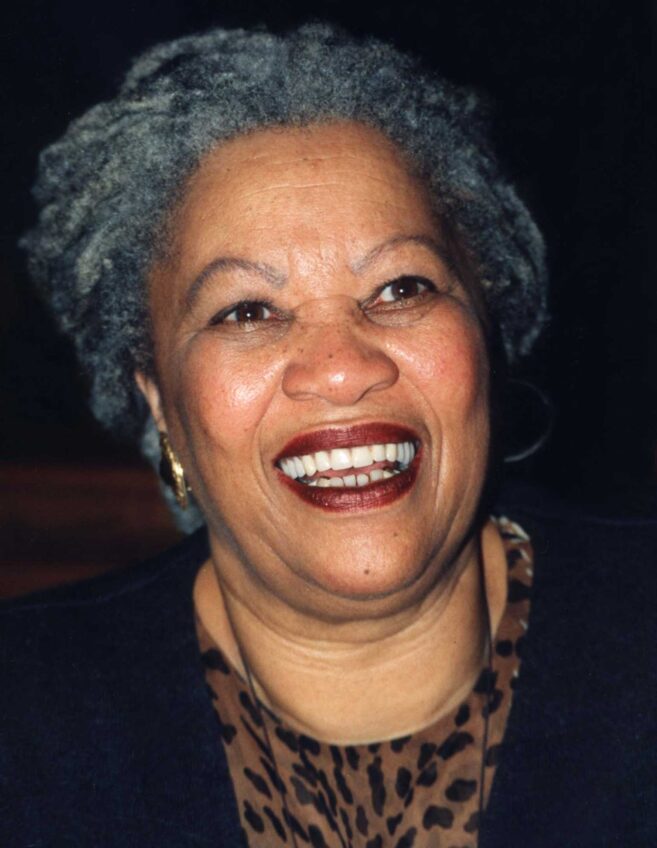Don’t question my credibility because I’m black
When I was an aspiring journalist back in the 1970s, a college professor taught me a lesson that has shaped the kind of journalist I try to be today. He instructed our class to use three questions when approaching a story. Before writing or broadcasting the story, we should ask ourselves three questions:
Is it true? Is it fair? Is it necessary?
I was reminded of that lesson when attending the UNITY: Journalists of Color convention in Chicago in July. Made up of Asian, Hispanic, Native American and black journalists, the UNITY alliance is the largest organization of journalists of color in the world. Most political candidates consider it a “must attend” event during an election year.
The National Association of Black Journalists has hosted President George W. Bush, National Security Advisor Condoleezza Rice and Secretary of State Colin Powell, all Republicans. It’s a better journalistic experience when all parties are represented.
On July 27, Illinois Sen. Barack Obama, then the presumptive Democratic nominee for president, made UNITY his first stop after visiting Iraq and several European countries. Republican nominee Sen. John McCain of Arizona was invited, but declined. Both candidates were invited months in advance when it became clear they were frontrunners. It’s too bad McCain didn’t consider UNITY a “must attend” event. It would have been a great opportunity to hear the platforms of both candidates speaking before thousands of journalists.
The Obama appearance was not exclusive to those attending. It was also broadcast live on CNN. That’s when an interesting angle surfaced among the media covering the event. The question was asked: Is it possible for journalists of color to cover the Obama campaign without bias?
“Excuse me,” I countered when I heard that would be the angle of several news organizations covering the Obama appearance. The little hairs on the back of my neck danced in anger.
Yeah, I was mad at the question, and the suggestion. How does that expression go? “We have seen the enemy and it is us.” My answer to the question is with a question: What in the world are you thinking? Or, better still — are you thinking?
Will black reporters dance with joy in their written words or in their broadcasts because of the historic nature of the campaign? How did that question become a legitimate news story? I wondered what my college professor would say.
Is it true? Let’s see: Have you counted the number of African Americans who are on the Obama campaign plane? There is not one single frontline black reporter from ABC, CBS or NBC assigned to cover the Obama campaign. Nor will you find an African American assigned to cover the candidate from the New York Times or Time magazine.
You need the opportunity to play the game before you can be accused of misplaying it.
Besides, one of the toughest questions asked of Obama during the CNN broadcast at UNITY came from African American columnist Leonard Pitts. He wanted to know if Obama was avoiding visiting mosques and Muslims out of fear that he would run the risk of being tied, incorrectly, to a faith he doesn’t practice. Was Obama allowing propaganda to disregard the Muslim community?
It was a tough question, and a black reporter asked it. I guess Pitts didn’t get the memo.
Is it fair? Did female reporters have to pass a litmus test before they were assigned to cover New York Sen. Hillary Clinton? Perhaps we should question the plethora of white guys covering McCain and ask them if they can cover a white candidate without displaying bias. After all, they must love the guy since he’s the same shade and gender, right?
Is it necessary? I asked my colleague Pat McReynolds his thoughts. After a thoughtful pause, he said, “We all have biases. No one could truthfully say otherwise. But as in any profession, if you are good at what you do and take your job seriously, you check your biases at the door, no matter whether you are black or white.”
I’m annoyed that skin color has been injected into the presidential race. It detracts from the issues that matter to us all. And what matters most to journalists is our credibility. When you question that, be prepared for a 12-round heavyweight verbal fight. Don’t get me wrong — journalists are not above biases or answering tough questions. But keep it above the belt.
McReynolds summed up my feelings with his parting comment: “To me, saying all African American journalists think alike is just as insulting, if not more so, than saying they all look alike!”
Is it true? Is it fair? Is it necessary?
Barbara Ciara is the president of the National Association of Black Journalists.






